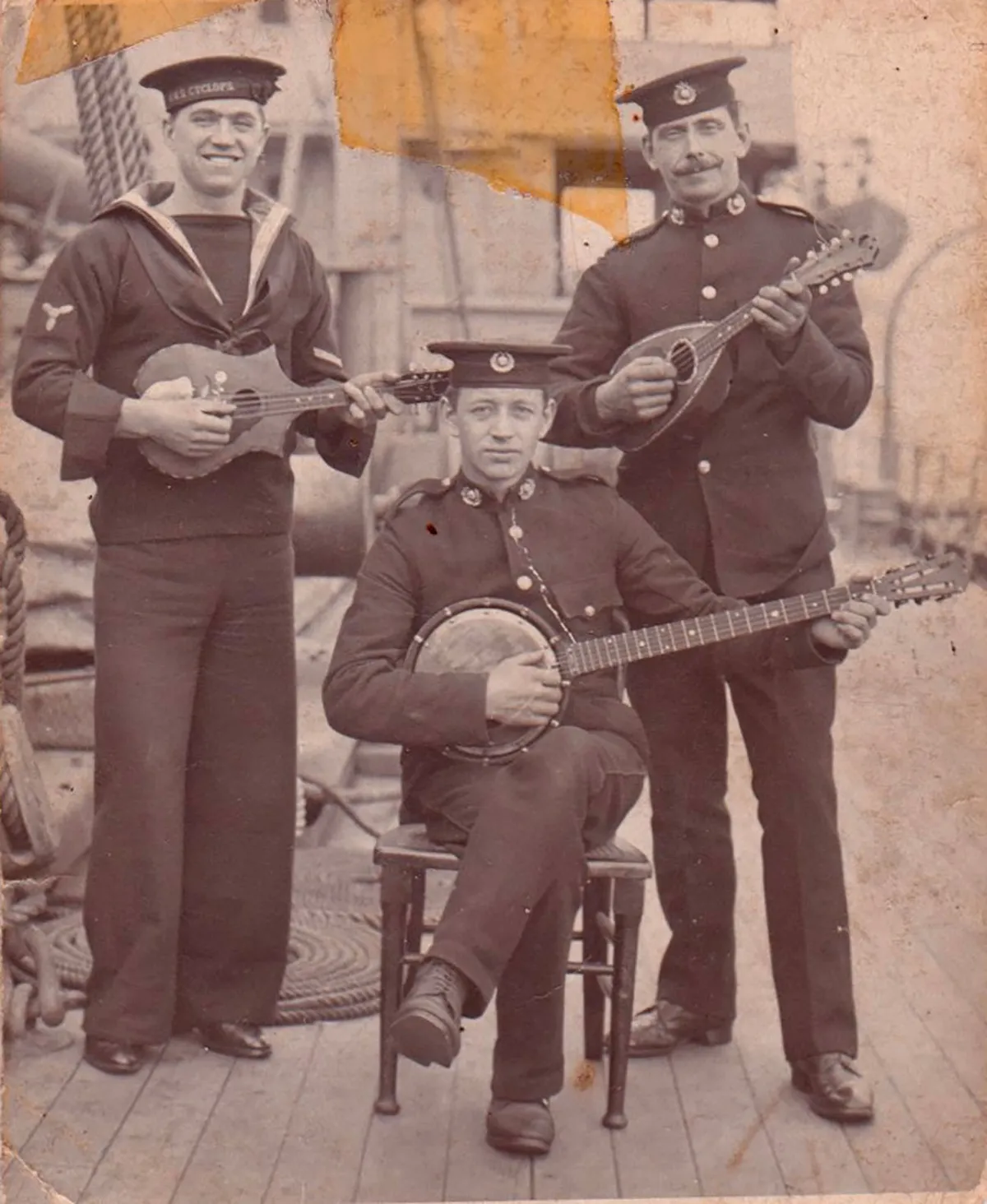Victoria Louise Lott, best known by her stage name Pixie, was born on 12 January 1991 in Bromley, London and is 32 years old. She is a singer-songwriter famous for her number one singles 'Mama Do (Uh Oh, Uh Oh)' and 'Boys and Girls'. She is also known for her work acting on film, TV and stage and appearing as a coach on The Voice Kids UK. She competed in the 2014 series of Strictly Come Dancing.
At the start of her 2021 episode of Who Do You Think You Are?, Pixie says she's looking forward to getting married and starting a family of her own, so it’s the perfect time to find out more about her family history: “I’m really excited to know what came before me, where I came from. I might find something good, but I might find something bad. But I’m fascinated to find out.” She’s particularly interested in investigating whether it’s true that she has Italian and Irish ancestry, and to see if she has any fellow musicians in her family tree.
Visiting her parents, Pixie learns that her mother’s grandparents were John Frederick and Maria Martin. John Frederick served in the Royal Marines, and Pixie is intrigued to see an old photograph of him with his fellow Marines holding a mandolin. She also learns that Maria was baptised at the Italian Church in Clerkenwell.
To find out more, Pixie visits the Italian Church, where she meets social historian Alistair Owens. He explains that Maria, also known as Mary Fleming, was baptised in the church in 1889, but she wasn’t Italian – her family were Irish immigrants and worshipped at the church because it was a Catholic church.
Pixie wants to find out more about Maria’s life in Clerkenwell in the 1890s, so she talks to historian Louise Raw. She learns that Mary was one of James and Bridget Fleming’s eleven children. The street where they lived, Leather Lane, is marked on Charles Booth’s London poverty maps as a “very poor” area. An old newspaper article reveals that in 1891, the residents of the ‘Irish Barracks’ on Leather Lane were evicted without warning by the landlord.
Further records show that the Fleming family were next forced to seek shelter in the workhouse, where conditions were extremely harsh. The Fleming children were separated from their parents and from each other. Two of Mary’s siblings died, followed by her parents, leaving her orphaned by the age of 14. However, she was able to escape the workhouse. A marriage record shows her marrying John Frederick Martin in 1908, at the age of 19, and that she was working as a feather curler.
Next, Pixie wants to find out more about John Frederick. She meets historian John Ambler, who suggests that although John Frederick served in the Royal Marine Light Infantry, the way he’s holding the mandolin in the picture of him shows he was comfortable with the instrument, so he could have been an amateur musician. The 1891 census records also list John Frederick’s father William, who was in the army, as a musician.

Pixie is excited to discover a musical ancestor, and heads to the Military Barracks in Aldershot to find out more about him. Historian Eamonn O’Keefe tells her that William played in the military band of the 16th Regiment. Military bands had an important role in entertaining the troops and countering negative perceptions of the army. Furthermore, William’s marriage record shows that his father John Martin was also a military musician, with the 2nd Life Guard.
At Combermere Barracks in Windsor, Pixie learns that the 2nd Life Guard were part of the Household Cavalry – the monarch’s personal bodyguard. John Martin joined the army in 1847 and served for 26 years, meaning that he would have been part of Queen Victoria’s escort throughout her reign. The band of the 2nd Life Guards were a popular attraction in the 19th century, attracting huge crowds, much like Pixie’s own pop concerts in the modern day. Pixie even gets to perform her own song, ‘Mama Do’, with the modern-day regimental band.
Having found out about her mother’s side of the family, Pixie turns her attention to her father’s side. Her father remembers his grandfather Joseph Lott as a quiet man. Records show that Joseph was born in 1895 and his parents died when he was 14. In the 1911 census he’s living with his brother and working as a servant in a lodging house, but he joined the army when the First World War broke out.
Joseph fought at the Battle of Loos and was captured by the Germans. As a prisoner of war, Joseph would have been held in harsh conditions and was forced to work in a coal mine. Medical records show that he developed lung problems, but ultimately recovered. He returned to Britain at the end of the war and ended up getting married and becoming a police constable.
“Learning all these stories,” Pixie says, “it’s made me really think about my own life because they have such incredible journeys and they were here and now they’re gone… What more do I wanna do whilst I’m here?”









